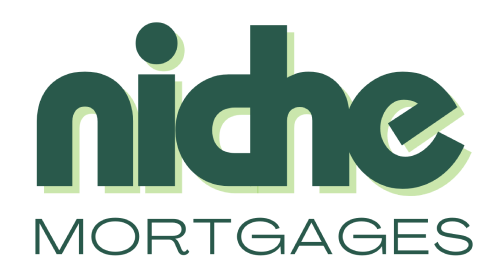Owning your home outright is a financial goal many homeowners dream of. The idea of being mortgage-free, no longer owing the bank, and having one less monthly expense is undeniably appealing. But is pay off mortgage early always the right move? As with most financial decisions, the answer depends on your individual goals, cash flow, and future plans. Let’s take a look at the pros and cons to help you make an informed decision.
The Case for Paying Off Your Mortgage Early
For some, the benefits of eliminating mortgage debt go beyond just saving on interest. One of the biggest advantages is the sense of financial freedom it brings. Without a mortgage payment each month, your cost of living drops significantly. This can be particularly beneficial for those approaching retirement or seeking financial flexibility.
There’s also the matter of interest savings. Even with today’s relatively low mortgage rates, the interest paid over 20 or 25 years can add up to tens of thousands of dollars. By accelerating your payments—even just slightly—you can reduce your total interest cost and pay off your loan years ahead of schedule.
Another point to consider is peace of mind. There’s a psychological advantage to knowing your home is fully yours. In uncertain economic times, owning your home outright can provide stability and security that money in the stock market might not.
The Downside of Early Mortgage Repayment
While the idea of being mortgage-free sounds great, there are valid reasons to think twice. First and foremost, there’s the opportunity cost. The money used to pay down your mortgage could potentially earn more if invested elsewhere—especially if your mortgage rate is relatively low. For example, if your mortgage interest rate is 3%, but you could be earning 5–7% through long-term investments, your extra payments might not be the most efficient use of funds.
There’s also the issue of liquidity. Once you put a large chunk of money into your home, it’s not easy to get it back out. Unlike a savings account or investment portfolio, home equity isn’t something you can access quickly without refinancing or selling your home.
And finally, some mortgages come with prepayment penalties, particularly fixed-rate terms. Before making additional payments, it’s important to check your mortgage agreement and understand the rules. In some cases, you might be limited to a specific percentage of prepayments per year without penalty.
Things to Consider Before Making a Decision
If you’re thinking about accelerating your mortgage payments, it helps to ask yourself a few key questions:
- Do you have any higher-interest debt (like credit cards) that should be paid off first?
- Are you already contributing enough to your RRSPs, TFSAs, or other investment vehicles?
- Do you have an emergency fund in place to cover unexpected expenses?
- Does your mortgage allow for lump-sum payments without penalty?
In many cases, a balanced approach works best. Some homeowners choose to make one lump-sum payment per year or increase their monthly payments slightly just enough to reduce interest and shorten the term without sacrificing financial flexibility.
Pay off mortgage early can reduce long-term interest and provide peace of mind, but it may not always be the most financially strategic move. Consider your overall financial goals, investment opportunities, and liquidity needs before committing to accelerated payments.
Need Personalized Mortgage Advice?
Every situation is unique, and the right path depends on your broader financial picture. If you’re unsure whether paying off your mortgage early is the right move, Contact Niche Mortgages for expert, personalized guidance. We’re here to help you make smart, informed decisions about your future.
About the Author

Jonathan Yien
Jonathan Yien is a seasoned mortgage broker at DLC Clear Trust Mortgages with a rich background in financial advising from his time at TD Canada Trust. He is dedicated to helping clients achieve their financial and homeownership goals.

